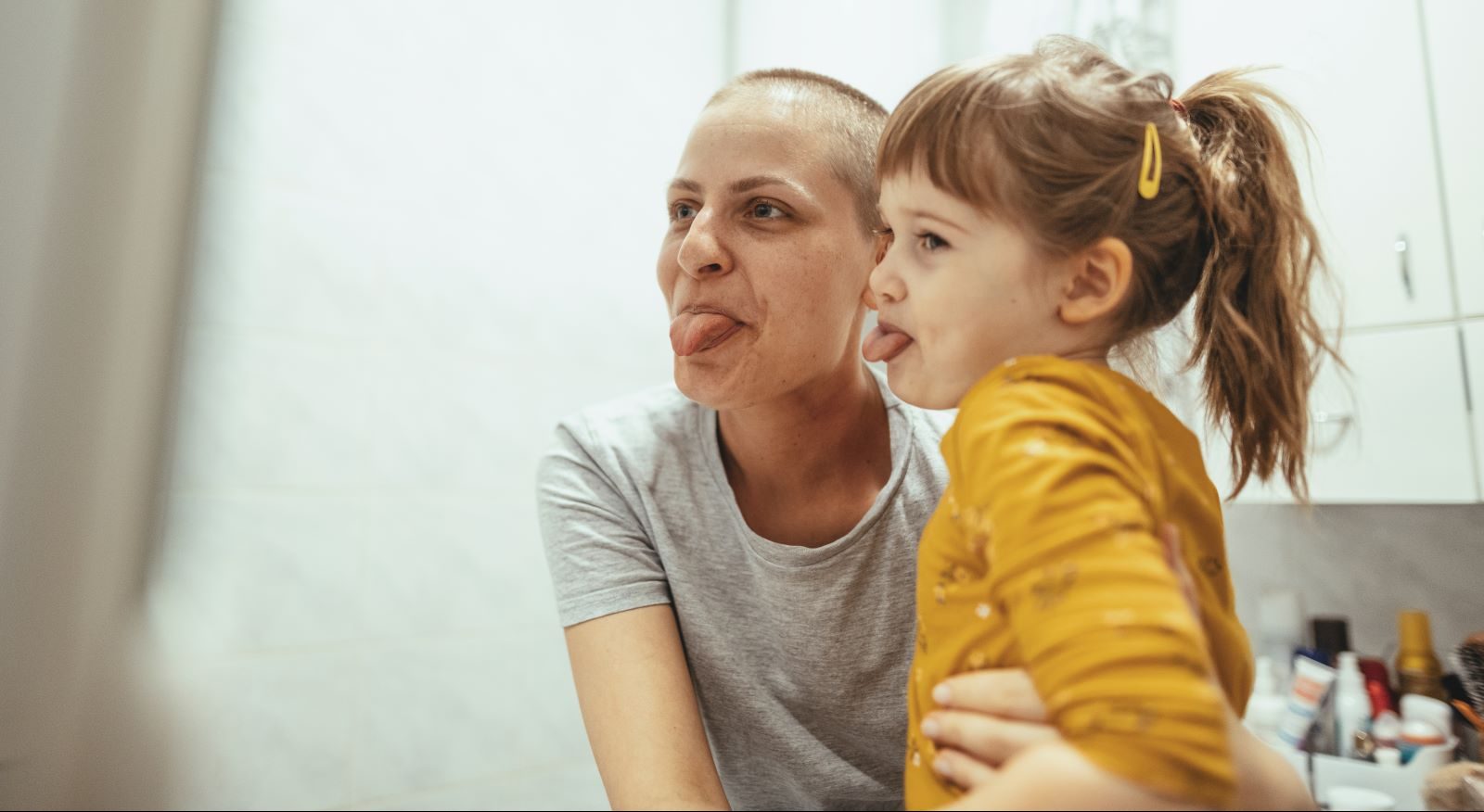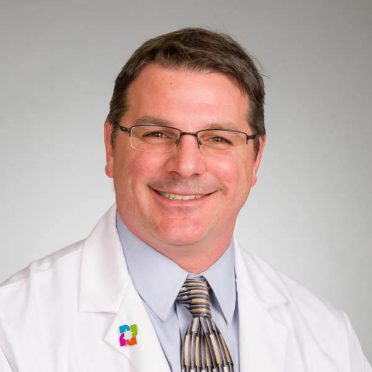More and more people, including cancer patients, are finding pain relief and emotional calm by incorporating forms of integrative medicine into their lives.
Integrative medicine, a blend of complementary and lifestyle medicine, is often added to a comprehensive treatment plan alongside modern medical methods of diagnosis and treatment, said Eric Secor Jr., ND, PhD, LAc, associate medical director of integrative medicine at the Hartford HealthCare Cancer Institute.
According to a study published in the Journal of Integrative Complementary Medicine, about 87 percent of charts for patients being seen for chronic concerns mentioned non-vitamin, non-mineral dietary supplements. More than 88 percent had private or public insurance coverage.
The top diagnoses associated with integrative and lifestyle suggestions, Dr. Secor noted, include joint disorders, mental health (stress, anxiety), pain, fibromyalgia, neuropathic pain, muscular skeletal concerns, GI/abdominal, heart, headache, sleep disorders, diabetes, menopause symptoms and cancer.
Data from randomized controlled trials reviewed by teams at Memorial Sloan Kettering highlight the effect hypnosis, acupuncture and music therapy have on reducing pain. Mindfulness meditation, yoga, qigong and massage therapy can relieve anxiety and mood changes, which are commonly associated with pain in cancer patients, said Dr. Secor.
The Cancer Institute team taps integrative medicine modalities, in conjunction with the best treatments available, to maximize the body’s innate potential for self-healing, he said. The benefits of our services are a general sense of well-being, better sleep quality and increased range of motion, improved digestion, pain relief and relaxation.
“We are committed to providing the most appropriate and effective treatments for every person throughout the continuum of their cancer care,” Dr. Secor said.
Modalities offered at the Cancer Institute, most of which are free for patients and family members, include:
- Reiki therapy. A form of energy therapy, this gentle, hands-on relaxation technique helps you feel calmer and more comfortable.
- Therapeutic massage/reflexology. Techniques include Swedish, deep tissue, sports, manual lymph drainage, pregnancy, chair and cranial-sacral therapy.
- Acupuncture. This is the process of applying tiny needles to specific points on the body to stimulate biochemical changes that can trigger the body’s natural healing abilities.
- Art for Healing. Expressive art is a creative process used as a diversion to reduce stress and promote wellness. No art experience is required.
With the easing of COVID restrictions, the integrative medicine team at the Cancer Institute also hopes to offer various classes and education designed for cancer patients. These include expressive art, cancer wellness support, healthy cooking and eating, qigong, hypnosis, reiki, stress management, therapeutic touch, Tai Chi, Tibetan singing bowls and yoga.
Integrative medicine also fits into society’s greater appreciation of the core pillars of a healthy lifestyle, which include:
- Following a whole food, plant-dominant diet.
- Including physical activity.
- Getting restorative sleep.
- Managing stress.
- Avoiding risky substances.
- Maintaining positive social connections to improve longevity and quality of life.
For information about scheduling an integrative medicine appointment, email therapies.integrative@hhchealth.org or call 860.972.4444.



